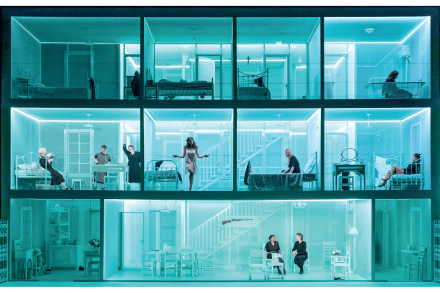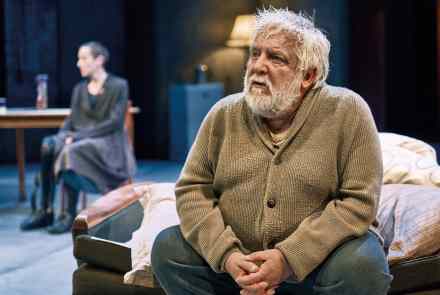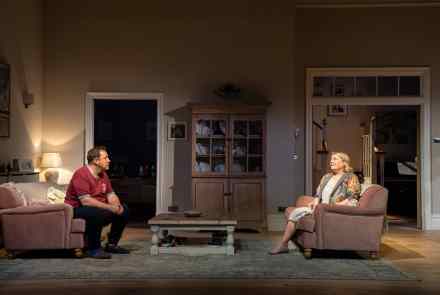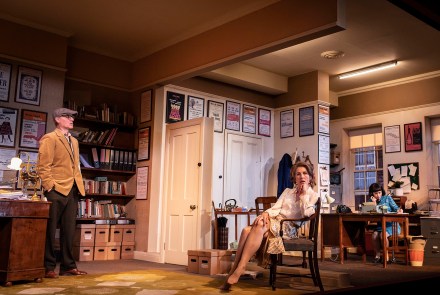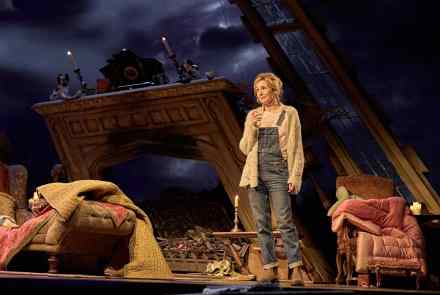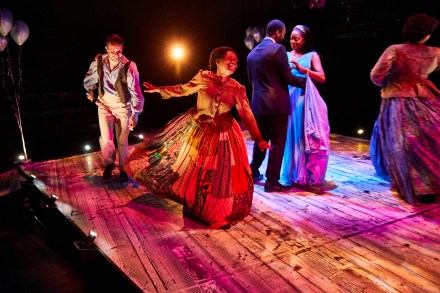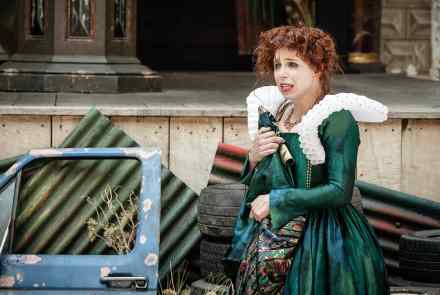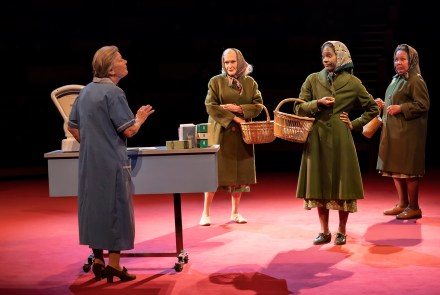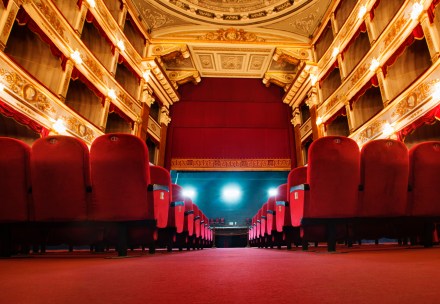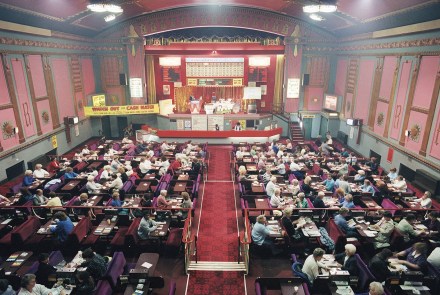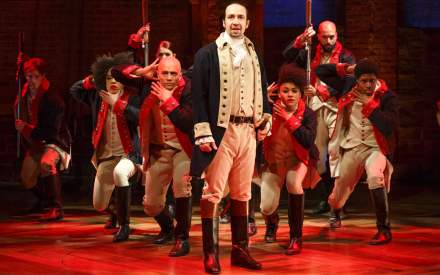The tumultuous story behind Caravaggio’s last painting
For centuries no one knew who it was by or even what it was of. The picture that had hung unnoticed in a succession of noble palazzi in the Italian province of Salerno, with its deep chiaroscuro and close-cropped composition, looked like a Caravaggio – but after Caravaggio almost every painting in Naples did. When it entered the collection of the Banca Commerciale Italiana in 1973 it was attributed to Mattia Preti, a Calabrian Caravaggista of the next generation who had caught the tenebrist bug. But in 1980, a letter discovered in the Naples State Archive changed the picture. Written on 11 May 1610 by Lanfranco Massa – the Naples



